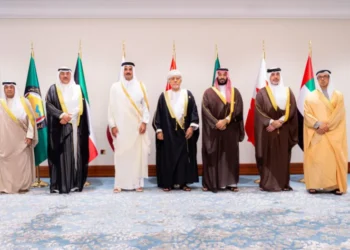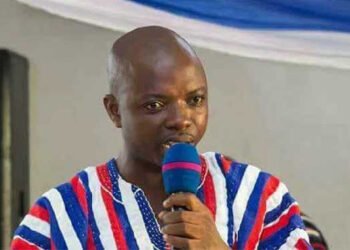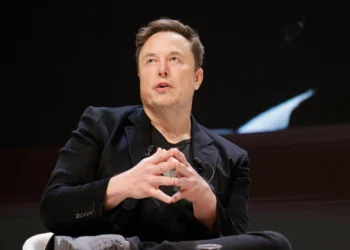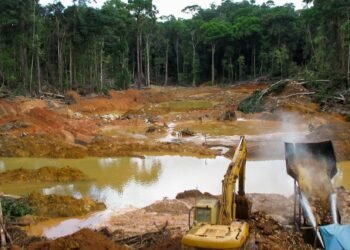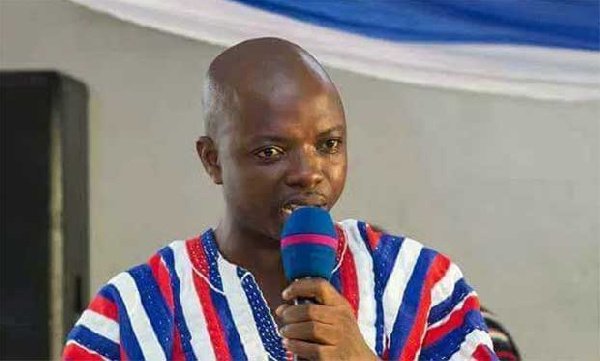The Institute for Economic Research, Policy, and Practice (IERPP) has urged Parliament to summon the Minister of Finance, Dr Cassiel Ato Forson, and the Governor of the Bank of Ghana, Dr Johnson Pandit Asiama, to clarify conflicting official statements regarding the controversial Gold for Oil (G4O) programme.
The policy think tank expressed “grave concern” over what it described as contradictory public remarks by the two top economic managers about the programme, which was initiated under the previous administration as a means of reducing Ghana’s reliance on foreign currency for fuel imports.
“On March 3, 2025, the Bank of Ghana Governor publicly confirmed that the G4O programme had been operational but was later suspended due to ‘policy and operational challenges.”
Institute for Economic Research, Policy, and Practice (IERPP)
This position was further reinforced on August 11, 2025, when the First Deputy Governor disclosed that 27.63 tonnes of gold had been used to settle transactions for 1.95 million metric tonnes of petroleum products under the scheme.
However, the Finance Minister’s account sharply contradicted this narrative. Speaking on July 25, 2025, Dr Ato Forson flatly rejected claims that the G4O involved any barter arrangements.

The Finance Minister stated, “There was no barter… never, never,” insisting that the so-called Gold for Oil was simply conventional dollar payments for petroleum imports.
The IERPP said the discrepancy between these two official positions is too significant to ignore.
“These statements cannot both be true. Ghanaians deserve more than contradictory soundbites; they deserve facts.”
Institute for Economic Research, Policy, and Practice (IERPP)
IERPP added that such contradictions risk eroding both public trust and Ghana’s credibility in the eyes of international partners.
The think tank is therefore calling for urgent parliamentary intervention to compel both the Finance Minister and the BoG Governor to present reconciled and verifiable data on the programme.
The group maintains that only full transparency can restore confidence in the country’s economic governance. “The truth must be placed on public record to restore confidence in our economic management,” the IERPP insisted.
Gold Policy Scrutiny
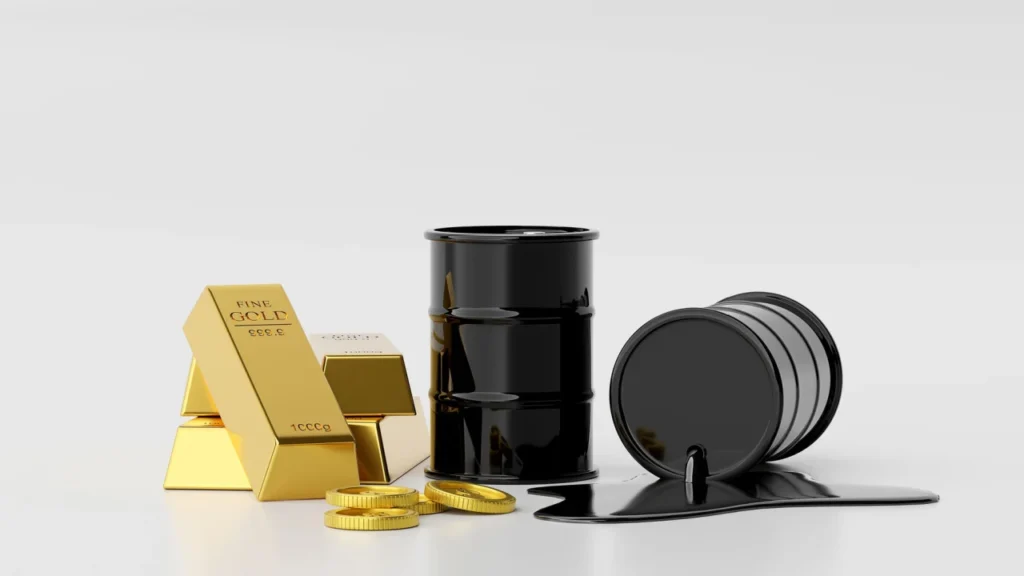
The Gold for Oil policy, launched under the previous government, was designed to use domestically mined gold as a medium of exchange for importing petroleum products.
Advocates argued that this would reduce demand for US dollars in the foreign exchange market, stabilise the cedi, and secure cheaper fuel supplies. Critics, however, questioned its long-term viability, citing logistical and market-related challenges.
Since its introduction, the scheme has been mired in controversy, with questions raised about procurement processes, the exact nature of transactions, and the extent to which the policy has delivered on its promises.
The conflicting statements from two of the nation’s most senior economic officials have now intensified calls for an official probe.
Analysts say the stakes are high because the G4O touches on both monetary and fiscal policy.

The Bank of Ghana’s involvement suggests a direct role in facilitating gold transactions, while the Finance Ministry’s version points to a more traditional import financing model.
Reconciling these accounts is crucial not only for public accountability but also for ensuring accurate economic reporting.
“This is not a matter for partisan spin. It is about the integrity of economic governance.
“Without clarity, the public cannot have confidence in the decisions being taken on their behalf.”
Institute for Economic Research, Policy, and Practice (IERPP)
If Parliament proceeds with the IERPP’s request, both Dr Ato Forson and Dr Asiama will be required to provide detailed timelines, transactional records, and supporting evidence to clarify whether Ghana indeed bartered gold for petroleum products or conducted the trade entirely in foreign currency.
The outcome could have implications for future commodity-based trade policies and the credibility of government reporting. For now, Ghanaians are left with two conflicting versions of events.
READ ALSO: Ghana Set to Smash All 2025 Economic Targets – IC Research Hails Strong H1 Performance


